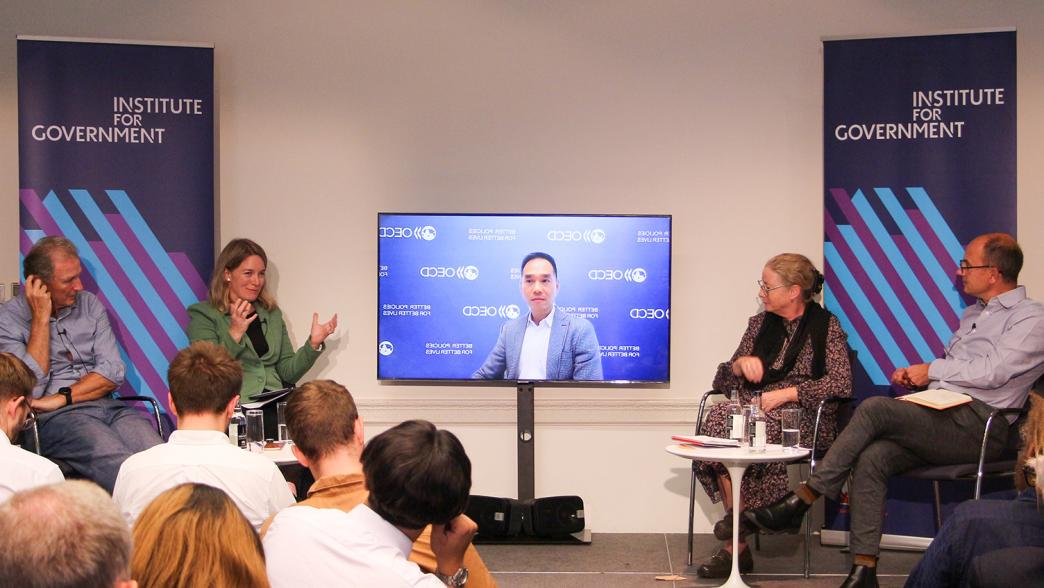Hybrid event
Why does the UK underinvest in public service infrastructure – and how can the problem be fixed?
Lord O'Donnell, former Cabinet Secretary, joined us to discuss why the UK has set relatively low capital budgets.

